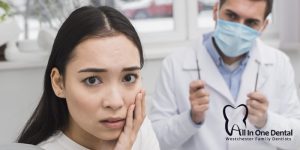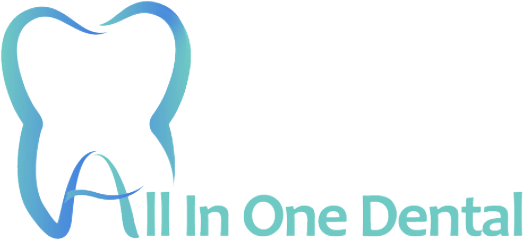
Are you aware of dental emergencies? Infections to your gums or teeth, oral diseases and other dental traumas are something you shouldn’t disregard. They’re possibly critical and may need emergency dental care. If you overlook oral difficulties, you could escalate the chance of long-lasting injury. This may bring about the need for a more comprehensive and expensive medication afterward. Dental predicaments can occur so fast that you’re not certain what just took place. One minute you’re enjoying riding your bicycle, and the next minute you’re putting your tooth in your hand after it’s just been blown away from a fall. Now you’re left speculating what you need to do then.
You already recognize what you need to prepare in a medical emergency. If someone’s choking, you give them first aid, or you call an ambulance. If you or someone else is having a seizure. Nevertheless, what to do in a dental emergency? Normally, you have two choices:
1. Go to the emergency room.
2. Medicate for the infection yourself until you can get in to contact the dentist from your Family Dentistry.
For serious dental emergencies, you won’t like to wait. You’ll want to get to the emergency room as fast as you can. Multiple dental methods furnish an emergency number where you can call to obtain imperative dental care after hours. If it’s not too severe, such a fractured tooth or lost a filling, you can always wait until the dental office unlocks. Just bear in mind, though, the longer you wait to have the problem fixed, the more injury can happen. And the more expensive the cure can get.
There are several kinds of dental emergencies, and you’ll like to know what to do in case of one. Below are some of the most common dental emergencies:
1. Toothaches
If you’re experiencing a toothache, you’ll initially like to use warm water to clean your mouth. If your tooth is bringing about inflammation, put a cold ice pack against the outside of your cheek or mouth. You can take some ibuprofen or acetaminophen to aid with the soreness. But possibilities are you’ll need a more potent sedative that only your dentist can prescribe. Toothaches can become awfully agonizing, so you don’t like to wait too long to visit the Family Dentistry.
2. Fractured Tooth
Once more, use warm water to wash out your mouth and clean the area. You can use a cold pad pushed up against your face in this condition as well to bring down any inflammation. Get in to consult the dentist from Family Dentistry immediately since a cracked tooth can swiftly become a huge trouble.
3. Damaged Teeth
Chipped teeth can simply develop into broken teeth, or an injury can result in a damaged tooth. If you detect a swelling of dental tissue or reddish flesh bulging or if there’s a cracked line going up your tooth, get in to contact your dentist from Family Dentistry at once.
Visit your dentist if your tooth is pressed up into your gum or has loosened a bit yet isn’t bleeding or snapped off. He’ll suggest to you what to do then, which most possible will be to come into their Emergency Dentistry near Los Angeles Airport immediately to restore the tooth. Save any parts of your damaged tooth. Wash your mouth and any cracked pieces with water. Put on gauze to any bleeding spot for some minutes until it ends. If the broken tooth has triggered inflammation, put a cold compress against your cheek, mouth or lip close the area of the broken tooth to get rid of soreness. And bring the puffiness down.

